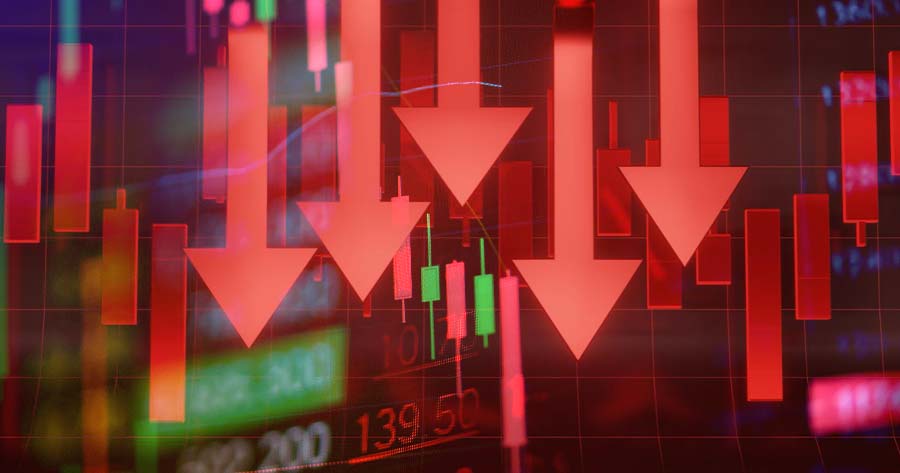Factory activity across Asia slumped in January as weak Chinese demand and President Donald Trump’s threat of tariffs curb business sentiment, according to private surveys released on Monday.
The surveys came amid a global market plummet after Trump ordered sweeping tariffs on Mexican, Canadian, and Chinese imports on Saturday, fulfilling his ultimatum made on three nations.
China’s stagnating consumption and uncertainty in the aftermath of Trump’s tariffs could become a major complication for Asian policymakers as they navigate their economic policy, many of which rely on Chinese consumption and global trade.
In January, Chinese factory activity grew at a snail’s pace, while employment plunged at the fastest rate in almost five years as uncertainties over trade grew, according to a survey from business in the private sector.
However, the outcome exceeded the official survey last week, which shows the activity unexpectedly slipped in January.
Japan’s factory activity dropped at the quickest pace in 10 months while business confidence hit the lowest in more than two years.
Meanwhile, manufacturing activity in South Korea slowly increased in January, while Taiwan and Philippine activities waned as global trade shrunk.
Toru Nishihama, chief emerging market economist at Dai-ichi Life Research Institute, said that Asian companies took caution over Trump’s trade war. Confidence in China also nose-dived as consumption is unlikely to recover due to increased unemployment among younger generations.
The trade war may also accelerate U.S. inflation and maintain U.S. dollar strength, putting pressure on emerging Asian currencies. If the global trade is to contract, the strong dollar would not be much help to Asian producers, Toru added.
In January, China’s Caixin/S&P Global manufacturing purchasing managers’ index (PMI) dipped to 50.1 from 50.5 in the previous month, falling behind analyst forecasts to a four-month low. Although the figure is still just above the 50 mark that separates growth and decline.
Japan’s final au Jubun Bank PMI slid further to 48.7 from 49.6 last month, standing behind the 50 mark for seven straight months.
South Korea’s PMI hiked to 50.3 from 49.0 in December, recovering from the plummeting business sentiment after former President Yoon Suk Yeol declared a short-lived martial law on 3 December that damaged the already weak consumption.
Vietnam’s PMI deteriorated to 48.9 in January from 49.8 in December, Taiwan’s figure reduced from 52.7 to 51.1, while the Philippines also lessened to 52.3 from 54.3.





